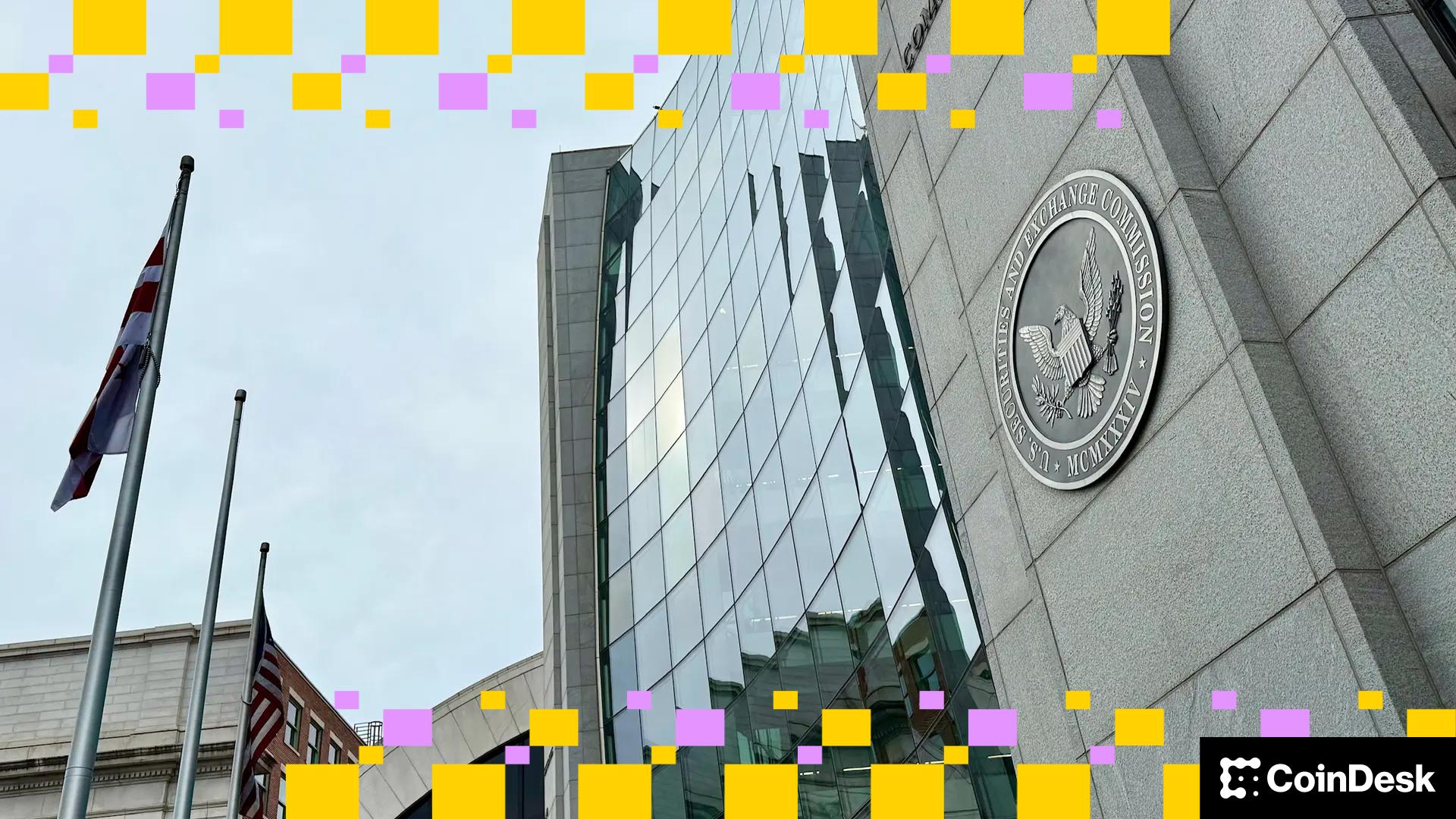ARTICLE AD BOX
The U.S. regulator's decision to give the project's token distributions a pass represents the right get-out-of-the-way approach, Commissioner Hester Peirce said.
Sep 30, 2025, 8:46 p.m.
Even before the arrival of President Donald Trump and his crypto-friendly regulators, the U.S. Securities and Exchange Commission had a crypto advocate, Commissioner Hester Peirce, who contends that a decision this week to grant DoubleZero a so-called no-action letter represents the kind of space she's long been wanting to offer blockchain pursuits.
The SEC formally agreed to the startup's request that the agency wouldn't pursue any registration complaints for tokens issued for the specific aims of DoubleZero's decentralized physical infrastructure network (DePIN). Commissioner Peirce suggested this open door for DePIN efforts keeps the SEC out of business it shouldn't be in.
"Rather than relying on centralized corporate structures to coordinate activity, DePIN projects enlist participants to provide real-world capabilities, such as storage, telecommunications bandwidth, mapping, or energy, through open and distributed peer-to-peer networks," she said in a statement. The activity doesn't trigger the Supreme Court's Howey Test — the test that decides what falls within the SEC's jurisdiction — because such projects "allocate tokens as compensation for work performed or services rendered, rather than as investments with an expectation of profit from the entrepreneurial or managerial efforts of others."
The SEC uses no-action letters to make it clear what activities it doesn't intend to pursue with enforcement actions, so a letter to a single firm can signal to an entire space what the agency's current posture is. But to reap the benefits, the activity has to stay strictly within the boundaries outlined in the SEC's letter.
"The line between tokens and securities law is getting clearer," said Austin Federa, DoubleZero co-founder, in a statement to CoinDesk. "Founders who once spent countless hours (and legal dollars) on this question can now focus on building."
DoubleZero sought to incentivize providers of infrastructure for network connectivity, such as large technology companies that control surplus fiber networks, by compensating them with tokens — in this case, the protocol's native 2Z.
"Treating such tokens as securities would suppress the growth of networks of distributed providers of services," Peirce said. "Blockchain technology cannot reach its full potential if we force all activities into existing financial market regulatory frameworks."
The agency's action drew praise from advocates of decentralized finance (DeFi)."No-Action Letters are one of the most pragmatic tools for navigating regulatory uncertainty in crypto, and the SEC's issuance of No-Action Letters shows that constructive engagement with regulators is possible,” said Amanda Tuminelli, executive director of the DeFi Education Fund, in a blog posting by the DoubleZero Foundation.
The SEC has been pursuing an aggressive course of pro-crypto policy actions under Chairman Paul Atkins. Earlier this week, he said at a roundtable event in the agency's Washington headquarters that establishing clear rules for the digital assets sector is "job one" for the SEC. Before Atkins arrived, Peirce led the agency's crypto task force and was already working on policy statements to clarify the regulator's expectations for the industry.
Read More: DoubleZero's 'New Internet' for Blockchains Nabs $400M Valuation from Top Crypto VCs
More For You
State of Crypto: Shutdown Watch

A U.S. government shutdown won't be as bad for crypto as it might have been in previous years, but it will further delay already-stalled initiatives.
 (1).png)
 1 hour ago
133
1 hour ago
133








 English (US) ·
English (US) ·